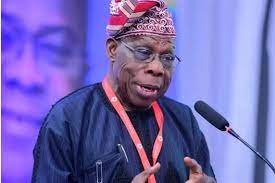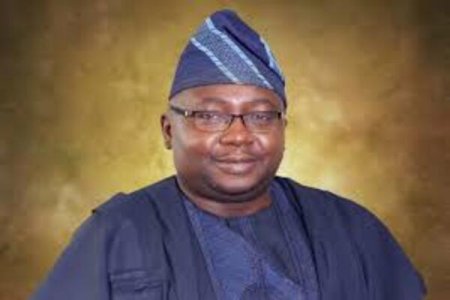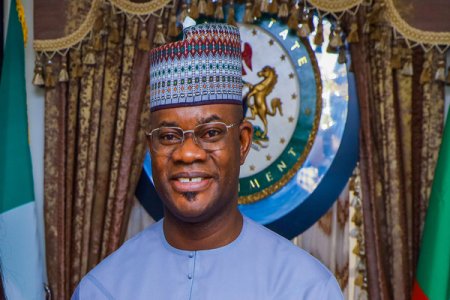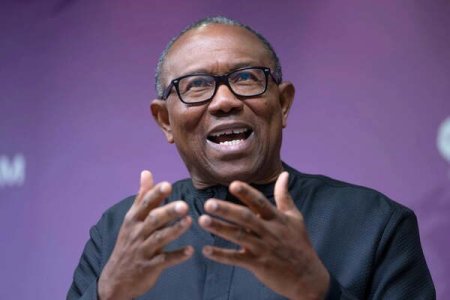
Former President Olusegun Obasanjo has raised significant concerns about the power wielded by a handful of judges in overturning the choices made by millions of voters during elections. The ex-President expressed his disapproval of what he termed "cathedral pronouncements" by judges, deeming the concentration of such authority in a few individuals as "totally unacceptable."
This critique comes in the aftermath of the Court of Appeal's rulings on electoral disputes arising from the 2023 elections in Nigeria. Last week, three governors—Dauda Lawal of Zamfara State, Abba Kabir Yusuf in Kano, and Caleb Mutfwang of Plateau State—were sacked in separate judgments, sparking reactions that have brought more criticism than applause to the judiciary.
Obasanjo's remarks were delivered during a high-level consultation on "Rethinking Western Liberal Democracy in Africa" at the Green Resort Legacy, Olusegun Obasanjo Presidential Library in Abeokuta, Ogun State. He questioned the fairness of decisions made by a small group of judges that could potentially overturn the will of millions of voters.
Expressing his concern, Obasanjo stated, "It's totally unacceptable that millions, maybe 10 million on one side, maybe 9 million on the other side, then you have five people sitting down, three of them agree, two disagree. And you come up and make cathedral pronouncements that cannot be changed, I believe that should not be accepted."
The former President called for a thoughtful examination of how to address this issue within the democratic framework. He challenged the conventional notion that the decisions of a small group of judges should be final and emphasized the need to find a fair and equitable solution to safeguard the integrity of the democratic process. The remarks underscore the ongoing debate over the balance between judicial authority and the democratic will of the people in Nigeria




